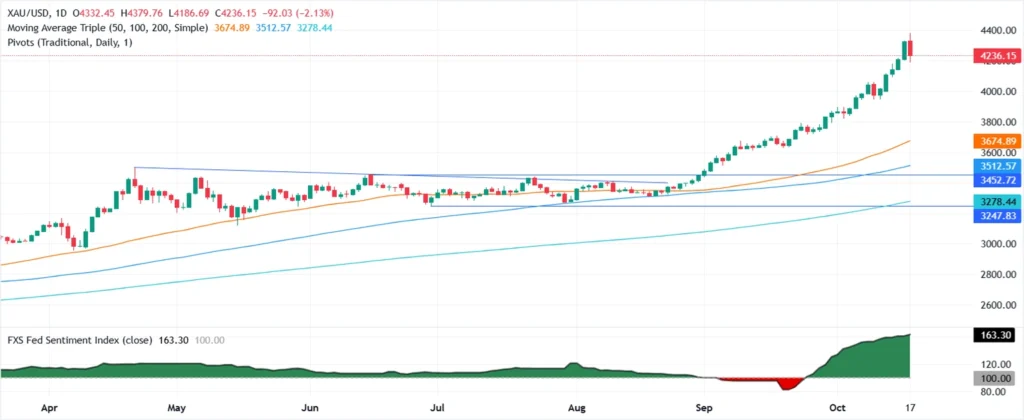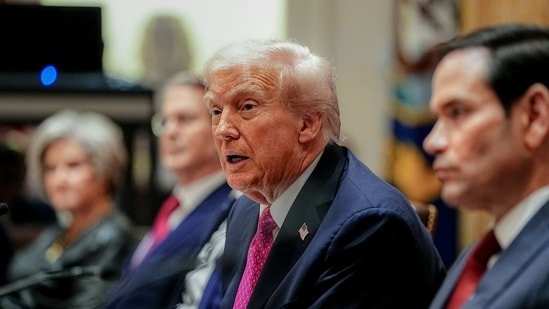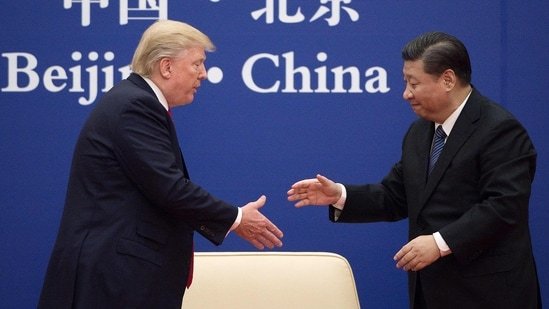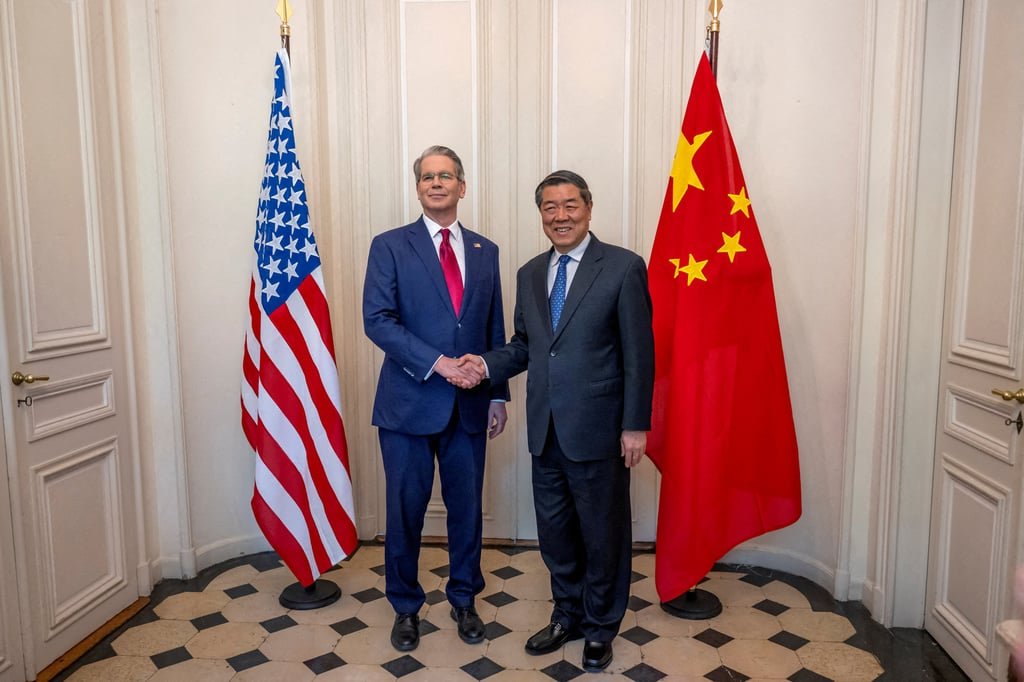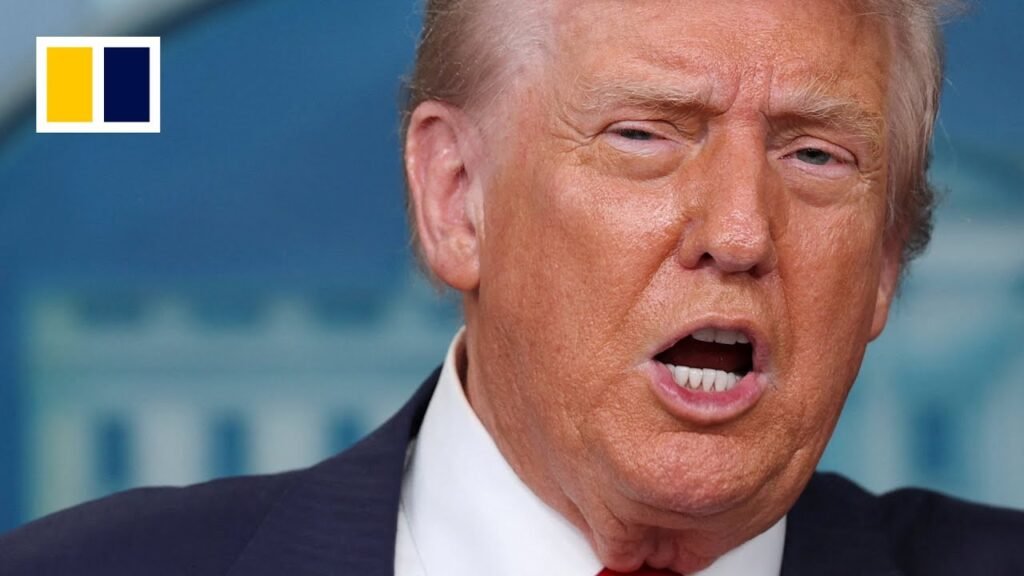The Liberal government is facing pushback after exempting a series of Chinese and U.S. steel and aluminum imports from retaliatory tariffs.
A new order-in-council shows Ottawa has now granted dozens of Canadian companies relief so they don’t have to pay the price for retaliatory tariffs on specific products that businesses argued are in short supply or needed under existing contracts.
The Canadian Steel Producers Association is firing back.
“We are disappointed to see a broad exception to tariffs was given to U.S. producers for another two months, while we suffer from lack of access to their market,” its CEO and president Catherine Cobden told CBC News.
Cobden says she’s still assessing the decision, but called it “inconceivable” that Canada appears to have granted a series of new exemptions to importers of Chinese steel. She says Canadian producers are able to replace this “unfair” steel from the marketplace.
The steel industry has long called on Ottawa to do more to hit back at China over what it calls a rise in unfairly traded steel imports. Canada has a 25 per cent tariff on Chinese aluminum and steel.
Cobden has also asked Ottawa to double its 25 per cent retaliatory tariff on American steel to match the 50 per cent tariff that U.S. President Donald Trump slapped on Canadian steel.
Carney has declined further retaliation
This week, Ontario Premier Doug Ford asked Prime Minister Mark Carney to hit back hard against Trump after the White House claimed a new victory: Stellantis announced it was moving its Canadian Jeep production from Brampton, Ont., to the U.S.

Carney wants talk, Ford wants to hit back as U.S. trade war continues
Prime Minister Mark Carney is not considering hitting American goods with more retaliatory tariffs even as the trade war rages on and says he will brief Ontario Premier Doug Ford, who has called on the government to hit back, on how talks are progressing.
Carney responded on Thursday saying he ruled out retaliating right now during “intense negotiations” with the Trump administration. Canada is trying to reach deals to get some relief for sectors including aluminum, steel and energy, the prime minister said.
In a statement, Finance Minister François-Philippe Champagne described the new exemptions as a way to help support Canadian workers and families so they aren’t harmed by countermeasures.
International trade lawyer William Pellerin says his firm represents companies seeking these exemptions from the government and said there are strict conditions that must be met.
He says the order-in-council contains an important exemption that allows Canadian manufacturers to import this foreign steel or aluminum as an input to make products in Canada without having to pay the tariff.
“That’s very important because it goes directly to the companies bottom line and to the ability of Canadian producers to make products competitively priced in Canada,” he said.
“Without this exemption, a lot of Canadian manufacturers would be really struggling to find replacement inputs to make their goods here in Canada and prices would have gone up.”
Exemptions also help Chinese, U.S. companies
While the exemptions help Canadian companies, they also benefit some Chinese and U.S. manufacturers.
It’s not clear what value of trade is affected.
Pellerin says the remissions provide relief on a one-off basis for Canadian companies that is meaningful, but doesn’t think they’re significant enough to play into the broader negotiations with the U.S.
The government extended an exemption for U.S. products used to manufacture or produce food and beverage packaging for another two months. Ottawa also added on a new one for agricultural production.
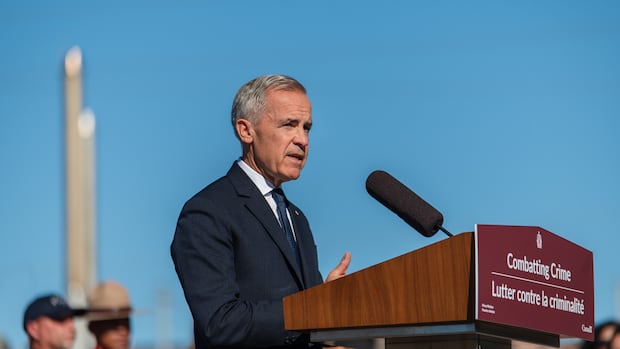
PM not imposing retaliatory tariffs on U.S.: ‘Right now is a time to talk’
Prime Minister Mark Carney says Canada will not impose retaliatory tariffs on the U.S., stating that the government is engaged in ‘deep negotiations’ concerning several key Canadian industries including the automotive, lumber, steel and aluminum sectors.
Another exemption for American goods used for health care, public safety and national security have also been extended for another two months.
The order-in-council also shows a range of companies across the country that received specific exemptions, including Pizza Trucks of Canada. The Winnipeg business can now import American portable pizza ovens used in food trucks without Canada’s tariff.
Pivotech Doors is able to use a rolling steel door for a building project in downtown Ottawa without paying extra.
A professional artist in Alberta got an exemption for a U.S. commercial-grade nylon carpet with custom-printed patterns that glow under UV lighting.
Champagne, U.S.-Trade Minister Dominic LeBlanc and Canada’s top public servant Michael Sabia were all in Washington this week trying to advance talks.


